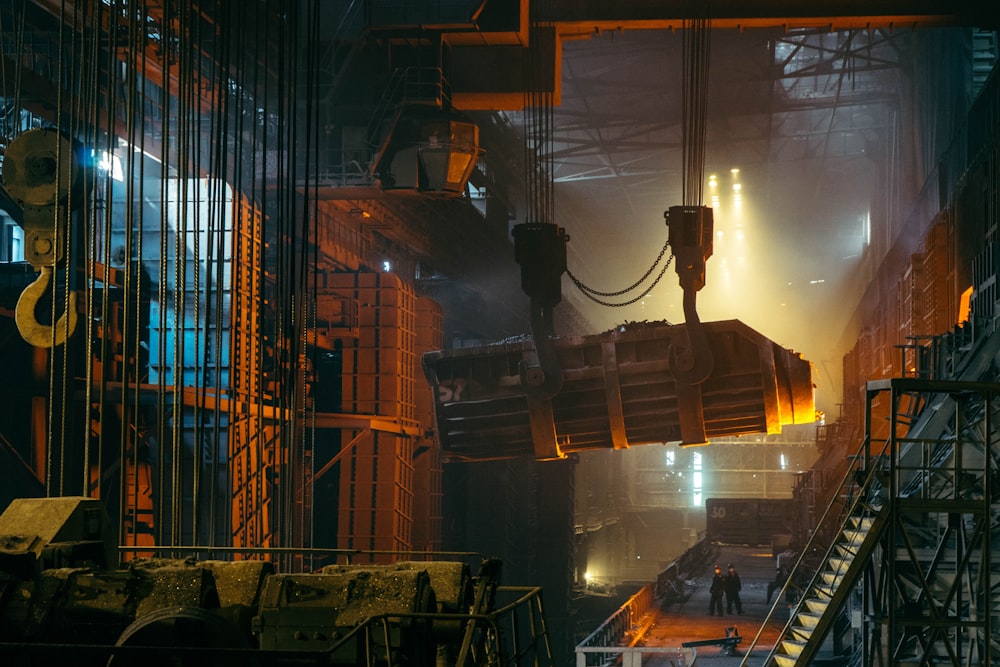
Digital catalog solutions: Create digital catalogs to grow your business!
A digital catalog is a database that consists of information about your products and services. The digital catalog can also contain pictures of your products and services so that clients can see them in their own homes. You need to have a digital catalog if you wish to sell products or services online. You can create this kind of database by yourself or hire someone else to do it for you. If you want to make it by yourself, you can purchase digital catalog solutions.
A digital catalog is a way to store, manage, and distribute information about a product. The digital catalog can be utilized for instance by retailers for product presentation and for the customer to find related products.
Digital catalogs are particularly useful when compared with paper catalogs because they allow customers to browse through the items before ordering them.
Digital catalogs v/s traditional catalogs: A quick comparison
Digital Catalogs
Digital catalogs are an amazing way to reach customers directly and make it easier for them to find what they’re looking for. Digital catalogs allow you to create an online store dedicated to your products and services that can be effortlessly accessed from anywhere in the world. They can also be used as an effective way of promoting your brand in the digital space. Digital catalogs are often aimed at small businesses that do not have the resources or time to create their website or online store but wish to reach out to prospective customers and share information about their company.
Traditional Catalogs
Traditional catalogs still have their place in the marketing world, but they are no longer as popular as they once were. The key reason why traditional catalogs are being phased out is that they are expensive, time-consuming, and unreliable due to print costs and lack of accessibility from anywhere in the world. Their use is also limited because many people prefer ordering online instead of going out from the comfort of their homes and shopping.
The chief reason why digital catalogs are better than traditional catalogs is that they are more engaging and interactive. A traditional catalog might only have a few items available for sale and it might be hard to find the product you are looking for. With a digital catalog, you can scroll through the pages of items that are being sold, looking at each one until you locate what you want and then purchase it online.
Digital catalogs also allow people to shop around for different products, as well as compare prices between stores. For instance, if somebody finds out that another store is offering a better price on an item they were interested in purchasing, then they can simply add this store as an option in their digital catalog so that they can keep track of all their options while they shop around.
Digital catalogs also have many benefits over traditional ones in marketing opportunities. Traditional catalogs rely on people finding them to sell their products; however, with …











:max_bytes(150000):strip_icc()/WSCoastal_Oxford_risize2-3f7367253e3748b6a365eeb14fc4a0c2-4858b857aba34e93932c5b6e164c79bf.jpg)


